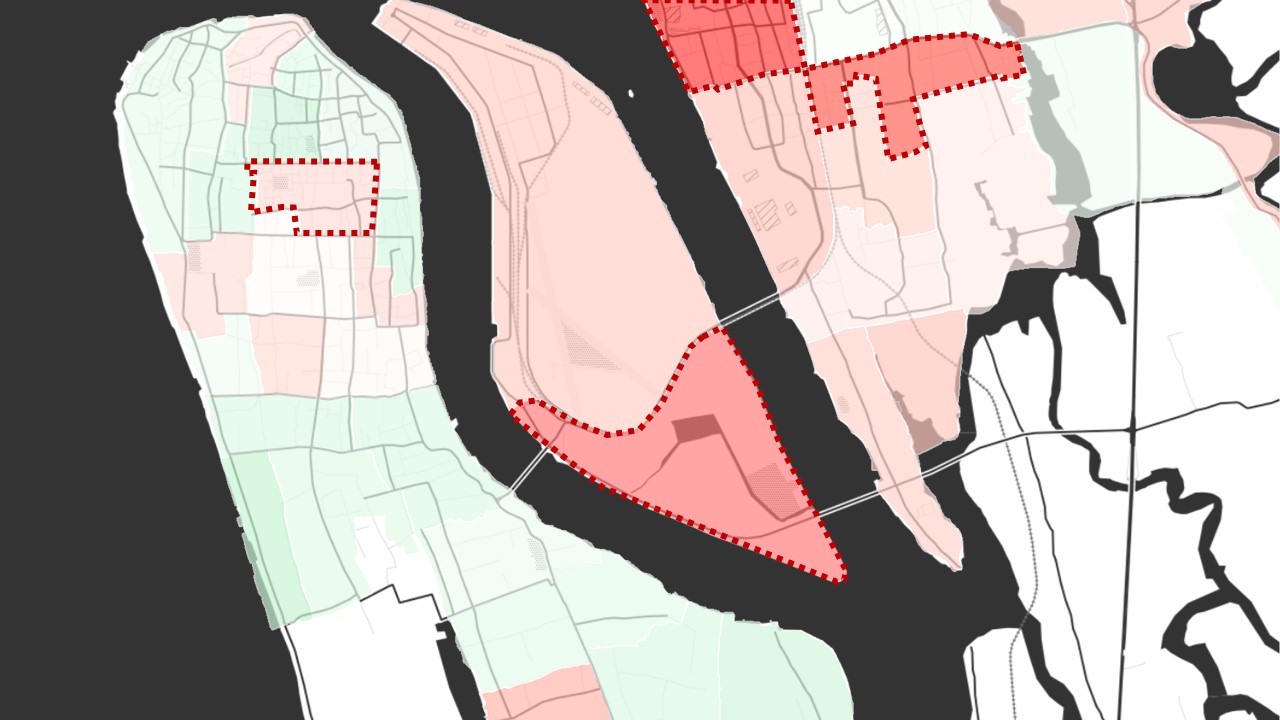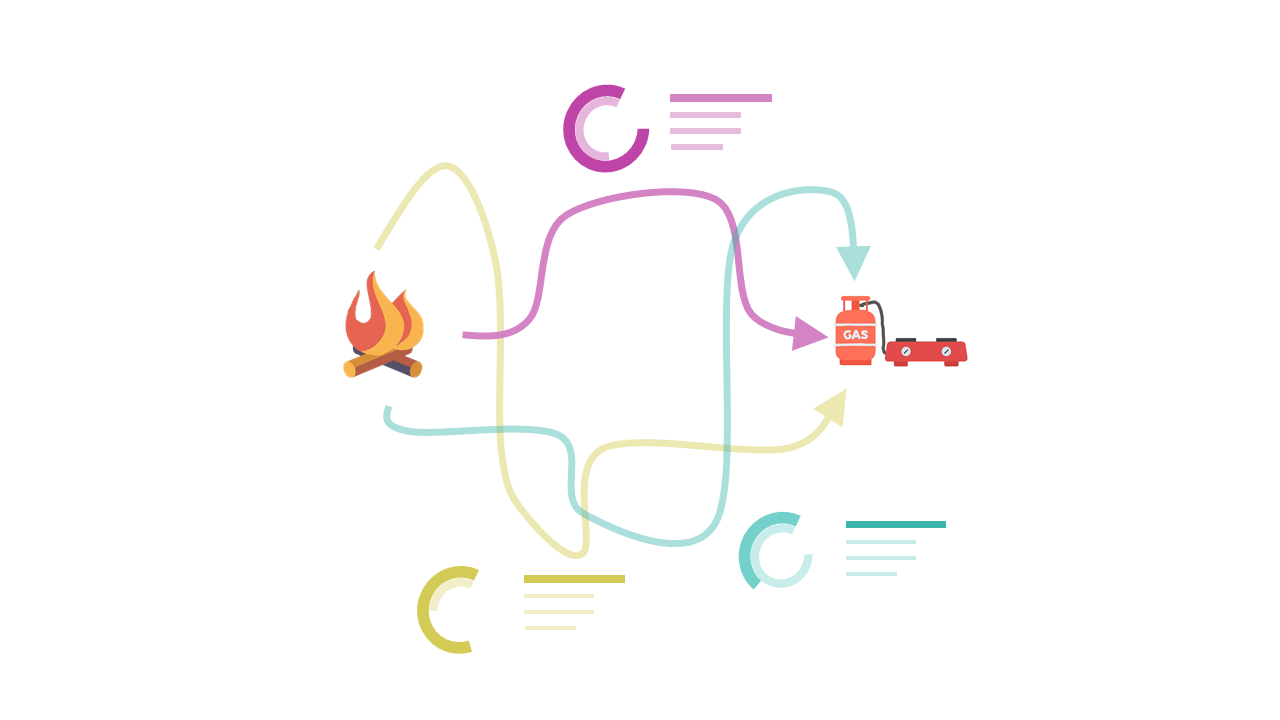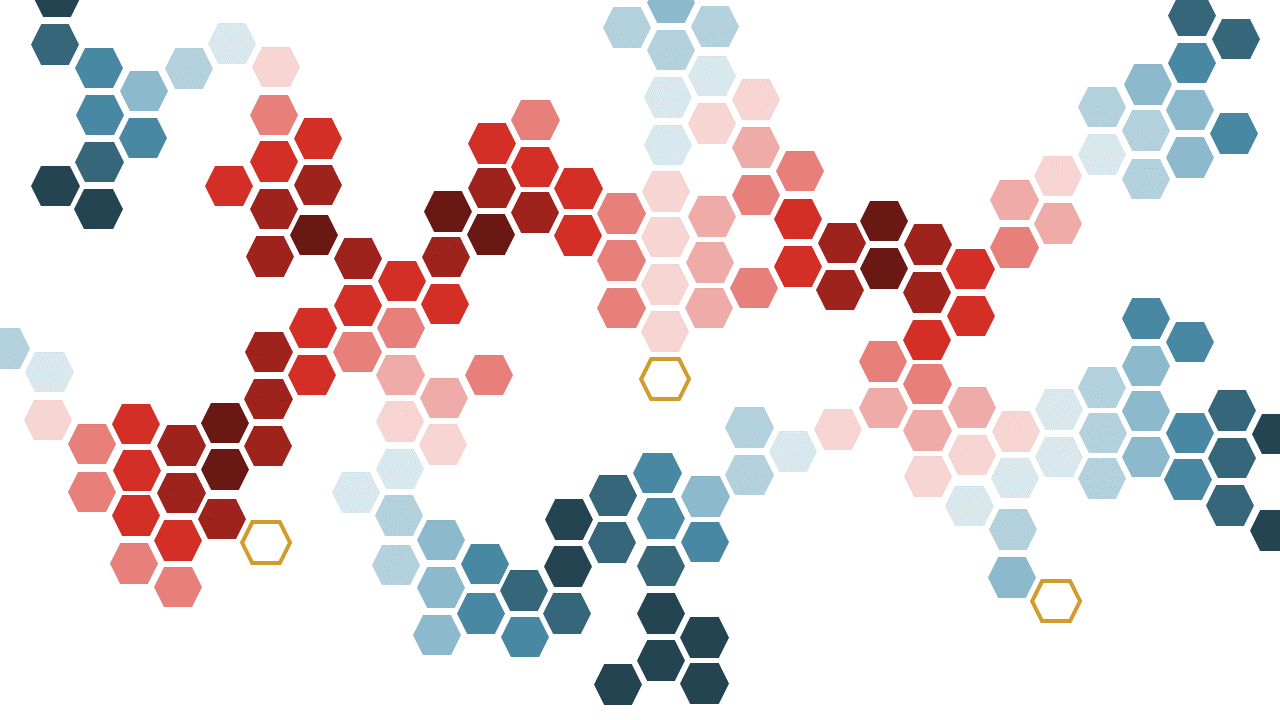Urban Energy Planning
Introduction
With the majority of the world’s population living in cities and for urban growth set to continue, understanding energy use in urban areas and how to best chracterise and model this is key to delivering clean and sustainable energy for the cities of today and tomorrow. We are looking at use of novel methods and data to explore how we can improve our understanding of residential demand and factors influencing changes in household decisions and practices.
Challenges
Understanding Heterogeneity in Cities
Cites bring together people, ideas, and information to act as engines of creativity and innovation. But across a city there can be a great deal of variation across households in their socio-economic circumstances, and in turn their energy use. This heterogeneity can also be observed spatially, and energy use can be impacted by underlying spatial ineuqality. Characterising this heterogeneity at play in cities and how it impacts energy demand is key to better understanding and modelling urban residential energy demand.Modelling at High Resolution
Modelling urban residential demand, and understanding differences in energy related decisions and practices of households involves modelling at a high resolution. Data is usually not available for all households in a given city due to reasons of privacy. We are using methods to synthetically generate populations of households to help us model energy use and practices at a hosehold scale across a city.Urban Energy Planning Projects
The EECi team is developing methods, models, and tools to facilitate urban energy planning. The portfolio of projects below highlights the work on this, exploring different applications and addressing diverse urban energy planning challenges.City-scale microsimulation
Developing spatial microsimulation models for urban residential energy use
Identifying transition pathways
Use of clustering methods and mixed methods to identify and characterise energy transition pathways
EnergyFlex
Development of a micro-simulation agent-based approach to identifying opportunities for energy efficiency


